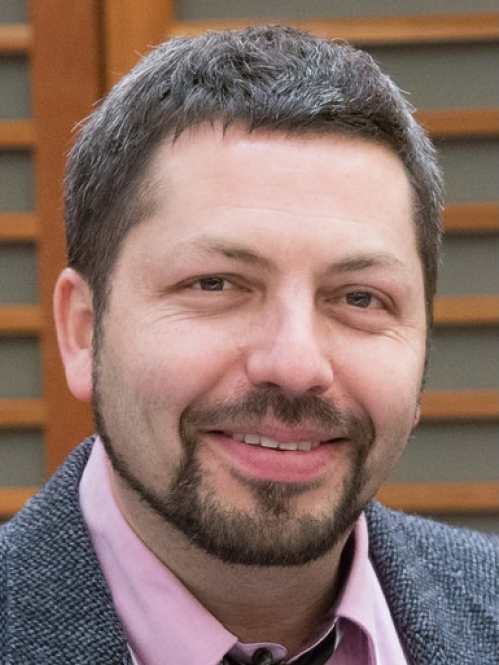Nir Eyal, DPhil
Open to Doctoral Students

Biography
Nir Eval, D.Phil., is the inaugural Henry Rutgers Professor of Bioethics in the Department of Health Behavior, Society, and Policy at the Rutgers School of Public Health. He is also the director of the Center for Population–Level Bioethics and a faculty member within the Rutgers Department of Philosophy. Dr. Eyal engages a broad range of bioethical issues, especially in population-level bioethics including health care rationing in resource-poor settings, priority-setting on the path to universal health coverage, disaster triage, allocating human resources for health, ethical issues in health promotion, and ethical issues in research on human participants.
Prior to joining Rutgers, Dr. Eyal spent thirteen years at Harvard Medical School and T. H. Chan School of Public Health, with affiliations at the Law School and Faculty of Arts and Sciences, and a 2010 visitorship at the E. J. Safra Center for Ethics. Dr. Eyal received his early training in his home country Israel, and his doctoral degree in politics from Oxford University. He underwent post-doctoral training at the National Institutes of Health Department of Clinical Bioethics and the Princeton University Center for Human Values.
Research Interests
The work of Dr. Eyal engages a broad range of bioethical issues, especially in population-level bioethics. Among other things he worked on equitable resource allocation (e.g. health care rationing in resource-poor settings, priority-setting on the path to universal health coverage, disaster triage, and allocating human resources for health); ethical issues in health promotion (e.g. paternalistic health policies, "nudging" for health, personal responsibility for health, electronic adherence monitoring); and ethical issues in research on human participants (e.g. in HIV cure trials, HIV treatment-as-prevention trials, in vaccine trials for emerging infections, and in health policy research). His philosophical research outside of bioethics addresses egalitarian theory, self-ownership, respect for persons, and consequentialism.